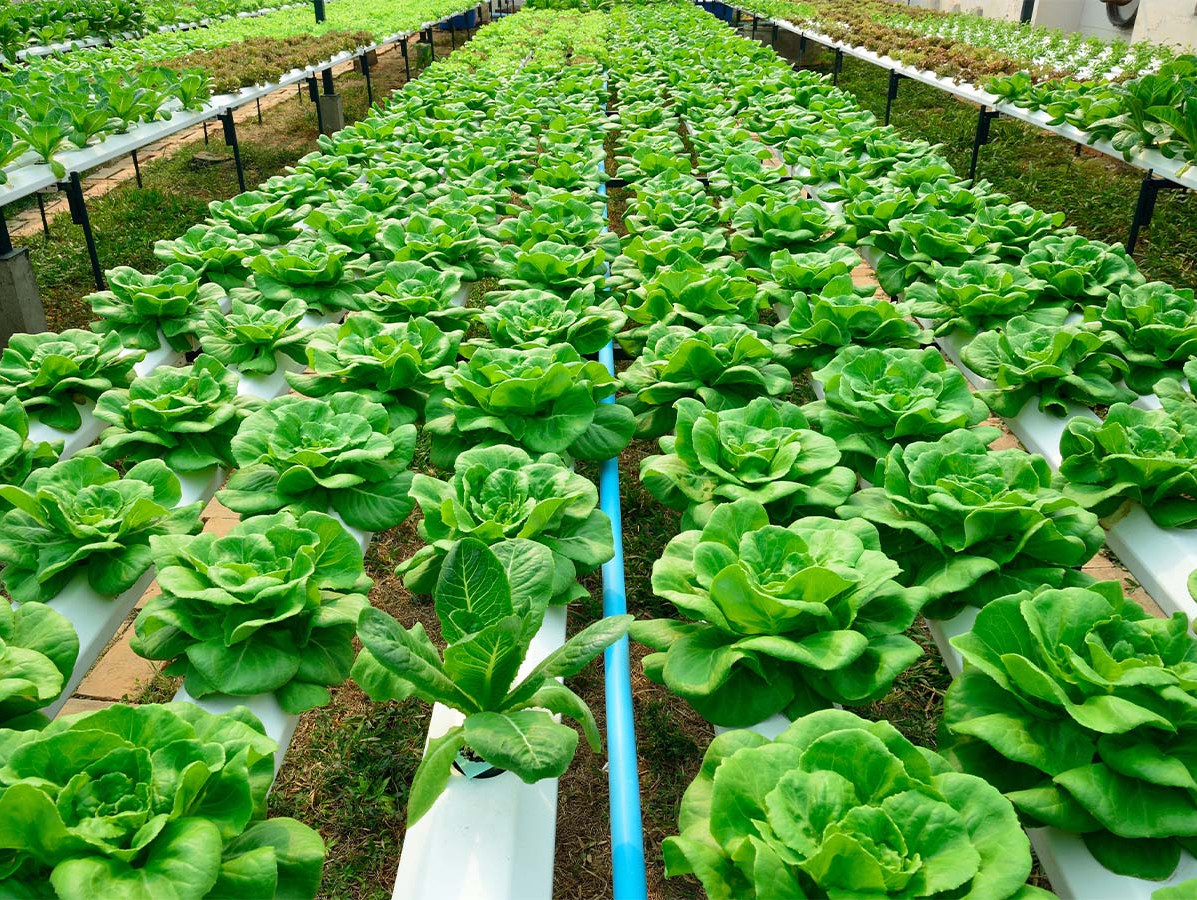
European regulations on new breeding techniques are being reviewed by the European Commission, which is expected to come up with a legislative proposal by the end of June 2023. Currently, for example, technology falling under the heading 'CRISPR-Cas9' is treated as genetic modification, leading to high costs to develop new crops and bring them to the European market.
However, new breeding technologies (NVTs) can make an important contribution to the goals of the Green Deal and the Farm to Fork strategy, so there is pressure to relax regulations.
However, there are also reasons not to adjust regulations, including concerns about unintended consequences such as allergens and the reduction of crop diversity. Besides political considerations, public opinion will also play an important role in the decision to change regulations. Following the European Commission's proposal, the process of negotiation and approval may take another two to three years.
Different member states have their own regulatory considerations and views. For example, the Netherlands wants more flexible regulations to maintain its strong position in the sector, while Spain sees NVTs as an opportunity to develop crops that are more resistant to drought faster and more efficiently.
It is still unclear which way regulations will go and the impact on companies will depend on the exact changes. However, there are three possible scenarios, with the first scenario being the EU sticking to the current strict regulations and the other two scenarios including a relaxation of regulations.
Companies in the crop improvement and biotech sectors have to live in uncertainty about the future for a while yet. However, developments on NVTs will be closely monitored as they affect the growth and success of the sector and the EU's goals for more sustainable agriculture.
Source: Rabobank